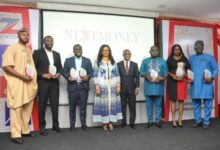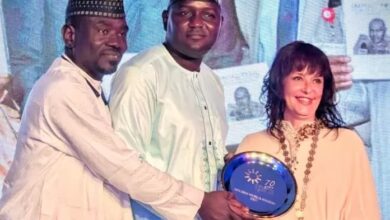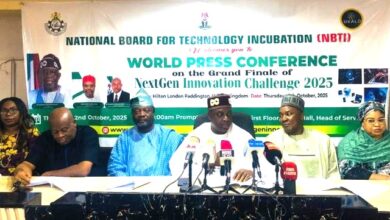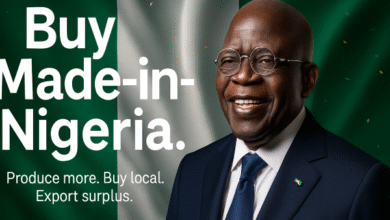
As the Economic Community of West African States (ECOWAS) celebrated its 50th anniversary in Lagos on Wednesday, President Bola Tinubu called for a renewed commitment to the ideals of the bloc’s founding fathers, urging West African leaders to deepen regional integration, prioritise youth development, and deliver tangible results for citizens.
In a keynote address at the golden jubilee commemorative event, President Tinubu—who currently serves as Chairman of the ECOWAS Authority of Heads of State and Government—emphasised the need to move from rhetoric to implementation, stressing that regional cooperation must translate into prosperity, peace, and opportunity for the people of West Africa.
“Today, we do not just celebrate five decades of ECOWAS; we honour a vision forged by pioneers who dreamed of a West Africa united by shared progress, not divided by colonial borders,” Tinubu said.
From Legacy to Leadership: Nigeria’s Role in ECOWAS Evolution
President Tinubu reaffirmed Nigeria’s longstanding leadership in ECOWAS since its founding in 1975, paying tribute to General Yakubu Gowon, Nigeria’s former Head of State and the only surviving signatory of the original ECOWAS Treaty.
“Gen. Gowon helped lay the cornerstone of what has become a formidable institution for unity in West Africa. Nigeria will continue to play its historic role in shaping the region’s future,” he said.
Over the past five decades, Nigeria has been instrumental in promoting regional peacekeeping, trade liberalisation, democratic governance, and cross-border cooperation, particularly through platforms like the Technical Aid Corps, which has deployed skilled professionals to member states since the 1980s.
ECOWAS Achievements: Trade, Peace, and Governance Gains
Tinubu highlighted key successes of the bloc, including:
- The ECOWAS Trade Liberalisation Scheme (ETLS) and Joint Border Posts, which have facilitated intra-regional commerce and mobility
- Coordinated responses to security challenges, pandemics, and financial crimes, particularly through bodies like GIABA
- Interventions to restore constitutional order in politically unstable states
- Deepened cooperation among Anglophone, Francophone, and Lusophone countries, making ECOWAS Africa’s most vibrant and integrated regional bloc
“ECOWAS remains a beacon of African unity. We have transcended linguistic and colonial barriers to forge a common identity rooted in economic cooperation and people-centred governance,” the president noted.
Bridging Vision and Reality: Tinubu Calls for Implementation and Impact
Despite the milestones, President Tinubu was clear-eyed about the challenges ahead. He emphasised the urgent need to translate ECOWAS policies into real-world benefits, especially for youths and women, who form the demographic majority across the region.
“Our greatest task is implementation. Our citizens must feel the impact of our decisions. Let us match words with action,” he stated.
Tinubu called for focused investment in education, entrepreneurship, healthcare, digital innovation, and agriculture, as well as the execution of transformative infrastructure projects under the ECOWAS Infrastructure Master Plan (2020–2045).
He also championed the potential of digital transformation and cross-border innovation hubs as new frontiers for regional economic acceleration.
A Caution on Division: ECOWAS Must Remain Whole
In a sobering reminder, Tinubu acknowledged the ongoing exit of Mali, Burkina Faso, and Niger from the regional bloc as a threat to its cohesion and long-term viability. Echoing sentiments shared by General Gowon, Tinubu expressed hope that the breakaway countries would eventually return.
“We must keep our doors open. With goodwill and sincerity, they will find their way back. The bonds of culture and shared destiny are too strong to ignore,” he said.
BRANDECONOMY Insight
🌍 As ECOWAS turns 50, it stands at a critical crossroads. Tinubu’s call for deeper integration, youth investment, and results-oriented governance reflects the bloc’s need to evolve from a policy-heavy institution to a delivery-driven community. The next decade will test its resolve to become a truly people-focused economic











